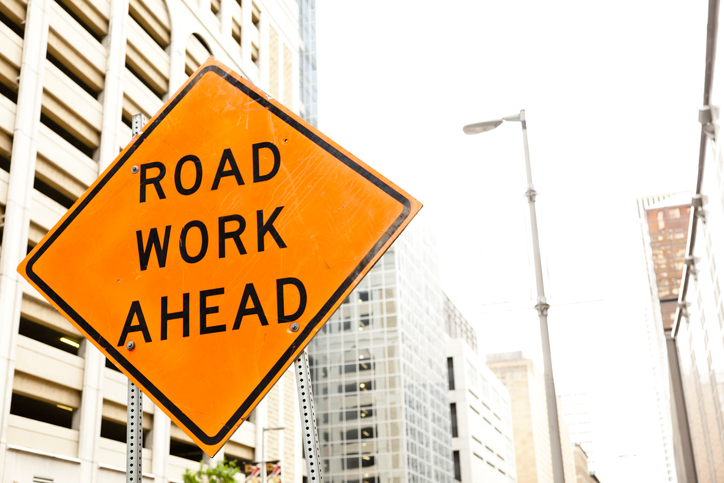
Undefeated Texas Car Accident Lawyers
Road work is a common sight in the Houston Metro Region and throughout Texas.
But as work zone crashes continue to surge, it’s also becoming increasingly apparent that many Texas motorists are opting to ignore the orange barrels posted along so many of the state’s roads and highways.
“Working on Texas roads is rewarding, but it comes with many challenges,” Bill Kerksey, a Texas Department of Transportation (TxDOT) work zone crew chief, recently told 5 NBCDFW. “Imagine your desk on the side of the highway.”
“Put yourself in our boots. We work next to the roads where a lot of drivers are going way too fast, and a lot of times, they’re just not paying attention,” he continued, “The only protection we have are safety shirts and our hardhats. We want to go home to our families just like you.”
Texas Work Zone Fatalities Rose 33% in 2021
Texas work zone accidents claimed the lives of 244 people last year, up 33% compared to 2020. According to TxDOT, the death toll included 195 motorists or vehicle passengers, along with 38 pedestrians, four bicyclists, and three roadside construction workers.
The overall number of work zone crashes exceeded 26,000 in 2021.
“It’s cause for tremendous concern that the number of people killed on our roadways reached a 40-year high last year and fatalities in our work zones rose dramatically,” said TxDOT Executive Director Marc Williams.
Speeding and driver inattention were among the leading causes of work zone crashes in Texas.
“It’s important for drivers to remember that driving conditions in work zones can be especially challenging because of extra congestion, slow-moving heavy equipment, temporary barriers, and vehicles that make sudden stops,” Williams noted. “That’s why it’s crucial for everyone to give driving their full attention and drive a safe speed in areas where construction and maintenance are underway.”
Texas Marks National Work Zone Awareness Week
The week of April 11th through April 15th is officially National Work Zone Awareness week, as well as the official start of TxDOT’s annual “Be Safe, Drive Smart” campaign. To mark the occasion, the agency is sharing the following safety tips aimed at preventing work zone accidents and fatalities:
- Slow down: Follow the posted speed limit and adjust your driving to match road conditions.
- Pay attention: Avoid distractions, keep your mind on the road, and put your phone away.
- Watch out for road crews: The only protective gear they wear is reflective clothing, a hard hat, and safety boots. Always follow flaggers’ instructions and be mindful of construction area road signs.
- Don’t tailgate: Give yourself room to stop in a hurry, should you need to. Rear-end collisions are the most common kind of work zone crashes.
- Allow extra time: Road construction can slow things down. Count on it, and plan for it.
TxDOT also reminds motorists of the need to comply with the state’s Move Over/Slow Down law, which requires drivers to move over a lane or reduce their speed to 20 mph below the posted speed limit when approaching a TxDOT vehicle, emergency vehicle, law enforcement, tow truck, or utility vehicle stopped with flashing lights activated on the roadside.
Traffic fines double in work zones when workers are present and can cost up to $2,000. Failure to heed the Move Over/Slow Down can also result in a fine of up to $2,000.
Undefeated Houston Car Accident Lawyers: Call 1-888-603-3636 or Click Here for a Free Consultation
Having won Billions — including the Largest Accident Settlement in Texas — for car and truck accident victims, our best car accident lawyers in Houston have the resources and experience needed to ensure that our clients and their families obtain the maximum compensation possible for all of their injuries and losses.
If you or someone you love were injured or tragically killed in a car accident or other motor vehicle crash, please call 1-888-603-3636 or Click Here to send us a confidential email via our “Contact Us” form.
All consultations are free, and because we only represent clients on a contingency fee basis, you’ll pay us nothing unless we win your case.